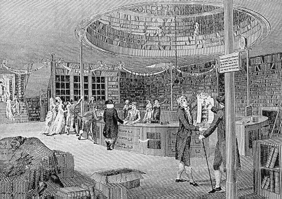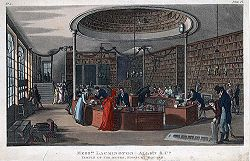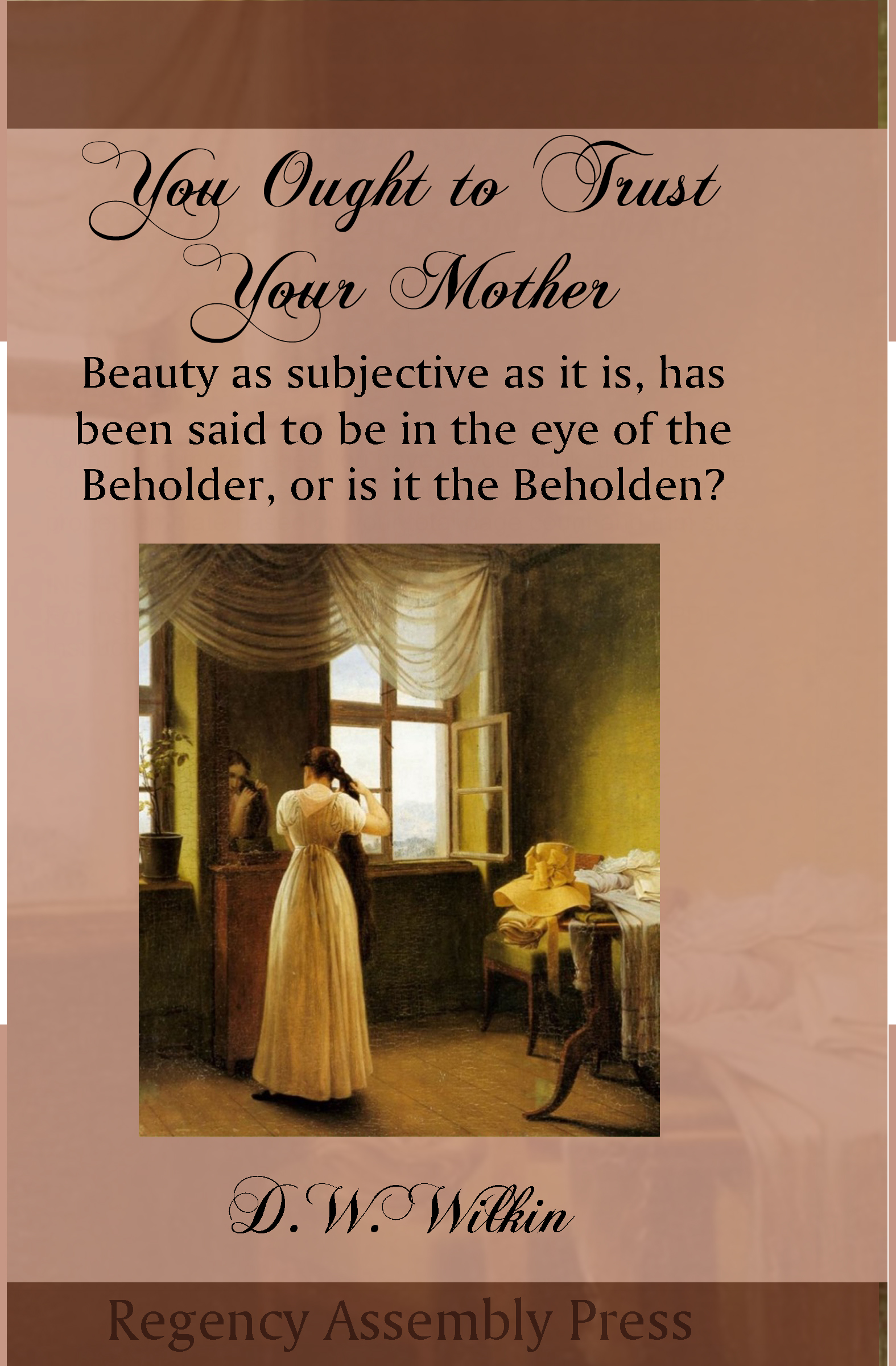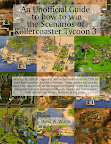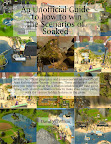Regency Personalities Series
In my attempts to provide us with the details of the Regency, today I continue with one of the many period notables.
Lackington’s Temple of Muses
1793 –

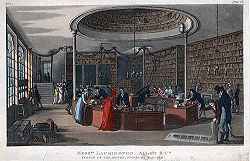
Opened by James Lackington, the bookstore in Finsbury Square was called the “Temple of the Muses” and was said to have been large enough “that a mail-coach and four were driven round the counters at its opening” in 1793. His love of books is exemplified in the tale that, on arriving in London with his wife, he spent their last half-crown on a book of poems. He explained “for had I bought a dinner, we should have eaten it to-morrow, and the pleasure would have been soon over, but should we live fifty years longer, we shall have the Night Thoughts to feast upon.
In 1798, Lackington retired to his estate in Gloucestershire, leaving the Temple of the Muses to his third cousin George Lackington. This included George’s ability to purchase shares in the company of Lackington, Allen & Co.
The first volume of the Lackington’s Catalogue, Michaelmas 1799 to Michaelmas 1800, described over 200,000 books; the second volume, which described over 800,000, was issued in 1803. Selling cheaply in large quantities, for cash only, was the business model, but the firm also went into publishing. Besides George Lackington, the other members of the firm were Allen, who possessed a great knowledge of books acquired from early training with James Lackington, and Richard Hughes, also lessee of Sadler’s Wells. Subsequent partners were A. Kirkman, Mavor, a son of William Fordyce Mavor of Woodstock, and Jones. In 1822 the business was conducted under the name of Lackington, Hughes, Harding, Mavor, & Lepard.
On the retirement of George Lackington, Joseph Harding became the chief partner, and the business was moved to Pall Mall East by Harding and Lepard. Many well-known booksellers received their training there; the “last of the Lackingtonians”, Kanes James Ford, died 11 December 1886, at the age of 94
